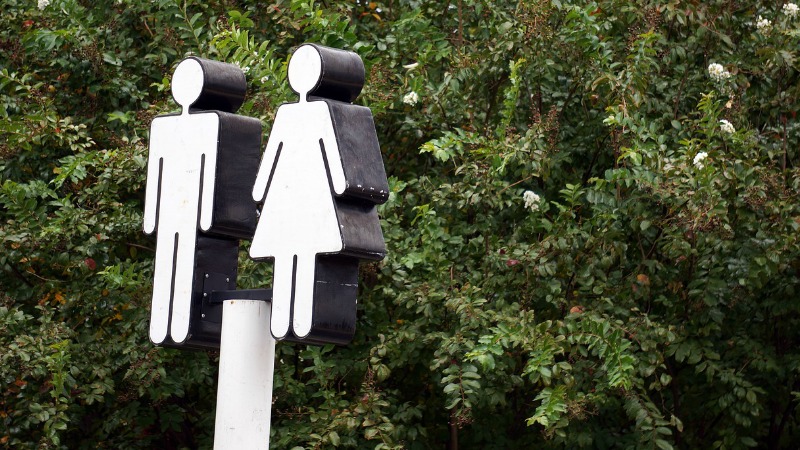Remember those Dungeons and Dragons people back in junior high school? Well, they grew up, got saved, and are now debating Calvinism, on both sides. This realization hit me this past week when I received yet another Facebook “invitation” to a forum debating Calvinism.
Now, don’t get me wrong, there are some big and important issues involved in discussions about election, calling, sovereignty, human responsibility, etc. It’s just that, all too often, it seems to me that these debates are so intense for reasons other than just fidelity to Scripture.
The Dungeons and Dragons clubs came to mind because those guys, at least in my junior high school, seemed to be obsessed with something that seemed to have no relevance at all to their lives, or to anyone else’s. But D&D became their identity. Because it mattered, they mattered. This was by no means restricted to these folk, and to their video-gaming or skateboarding cousins. It’s the same phenomenon in the people for whom a sports team became a personal obsession. The win or loss of my team is a personal victory, because it is totemic of who I am.
I fear that, all too often, our theological debates fall precisely into this category. We fight them so fiercely because there’s so little at stake in the way we view them. The professional Calvinist in his Internet forum sees a reluctance to embrace effectual calling as a personal attack, as a rejection of him. The anonymous-letter writing anti-Calvinist sees in the Calvinist a repudiation of his own background, of the kinds of churches and methods that led him to Christ. Rather than seeking to understand each other, and love one another with a convictional empathy, we claw and bite one another. That’s because, all too often, what we want is to be right, rather than to build up one another in the faith.
Again, there’s nothing wrong with debating issues of importance. The Body of Christ needs open-Bible conversations between Calvinists and Arminians, dispensationalists and amillennialists, Baptists and paedo-baptists. But theological debate can’t be a form of entertainment. And it sure can’t be a means of proving myself to be worth listening to. Within the broad parameters of great old Christian orthodoxy, there’s room to differ, and to learn, without hearing a rejection (sometimes only a temporary rejection) of my point as a rejection of me.






